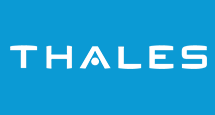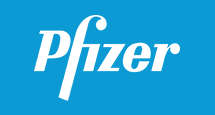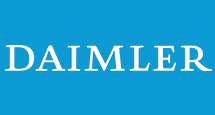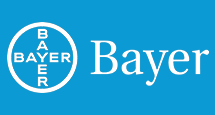Visiongain Publishes Cancer Biologics Market Report 2021-2031
05 February 2021
Visiongain has launched a new report Cancer Biologics Market Report 2021-2031: Forecasts by Treatment (Chemotherapy, Targeted Therapy, Immunotherapy, Hormonal Therapy, Others), by Indication (Breast Cancer, Cervical Cancer, Colon and Rectal Cancer, Gastric Cancer, Lung Cancer, Ovarian Cancer, Renal Cell Cancer, Melanoma), by Biologic Drugs (Bevacizumab, Trastuzumab, Trastuzumab Emtansine, Pertuzumab, Rituximab, Cetuximab, Panitumumab, Ramucirumab, Necitumumab, Pembrolizumab, Atezolizumab, Durvalumab, Nivolumab, Ipilimumab), by End-user (Hospitals, Specialty Clinics, Cancer and Radiation Therapy Centers) AND Regional and Leading National Market Analysis PLUS Analysis of Leading Cancer Biologics Companies AND COVID-19 Recovery Scenarios.
The production of cancer biologic molecules is expected to boost the market as a result of rising investments by emerging and existing players. Many of these biological molecules are in the late stages of growth and have different clinical benefits and improved cancer therapy protection and efficacy. Any of the various classes of ground-breaking biologics include stem cell treatment, targeted therapy, gene therapy, antisense and RNAi therapy, and cancer vaccines. Approvals for these new biologics are also issued by regulatory authorities to treat patients with metastatic SCLC and counter the global cancer burden.
The global demand for cancer biologics is expected to expand significantly over the projected period, owing to the expanded acceptance of biologics by cancer care regulatory authorities. Blinatumomab, for example, was approved by the U.S. Food and Drug Administration (FDA) in 2018 for patients with B-cell precursor acute lymphoblastic leukaemia, which indicates a decline in the seriousness of the disorder. Moreover, in January 2020, Roche announced submission of supplemental biological license to U.S Food and Drug Administration (FDA) for Tecentriq (atezolizumab), in combination with Avastin (bevacizumab) drug for most common form of liver cancer. Therefore, increasing number of regulatory approvals of biologic drug for the treatment of cancer, is expected to boost of cancer biologics market growth over the forecast period.
The years in the range 2014-2019 saw record levels Biologics License Approval (BLAs) by Center for Drug Evaluation and Research (CDER) news BLAs accounted for 25% to 30% of the total new drug approval. Aging population will be more susceptible to such diseases, and is one of the key factors driving the growth of the global biological drugs market. Biologics treatment can cost up to 22 times the small-molecules-based treatment and can generate profit margin of up to 40%. Thus, providing significant return on investments for the pharma companies.
A total of 97 novel biologics have been approved during the past decade. In 2019, the US FDA approved almost as many biosimilar in 2019 as it approved the new biologics, since 2010 – as the first decade of biosimilar comes to an end, US FDA’s Center for Drug Evaluation and Research (CDER) Licensed 10 biosimilar relating to seven breakthrough biologics bringing the total number of biosimilar licensed to 26.
High costs associated with cancer biologics, however, are one of the major constraints projected to hamper the development of the global cancer biologics industry. Blinatumomab, for example, costs US$ 17,800 per annum. In addition, cancer-related biological drug side effects, such as allergic reactions, injection site reactions, fatigue, diarrhoea, nausea, vomiting, and rash, are just another reason hindering the development of the global cancer biologics industry.
Increasing disposable income among cancer patients, surge in prevalence of cancer cases, and rising patient preference for minimally invasive therapies are anticipated to fuel the market growth. Rise in healthcare expenditure in developing countries, such as India and China, and increasing adoption of chemotherapy to treat rare cancers are expected to present multiple opportunities for market growth.
Companies Profiled in the Report:
• AbbVie Inc
• F.Hoffman La Roche
• GlaxoSmithKline
• Eli Lilly and Company
• Amgen
• Johnson & Johnson
• Merck & Co.
• Pfizer
Notes for Editors
If you are interested in a more detailed overview of this report, please send an e-mail to sara.peerun@visiongain.com or call her on +44 (0) 20 7549 9987.
About Visiongain
Visiongain is one of the fastest-growing and most innovative independent media companies in Europe. Based in London, UK, Visiongain produces a host of business-to-business reports focusing on the automotive, aviation, chemicals, cyber, defence, energy, food & drink, materials, packaging, pharmaceutical and utilities sectors.
Visiongain publishes reports produced by analysts who are qualified experts in their field. Visiongain has firmly established itself as the first port of call for the business professional who needs independent, high-quality, original material to rely and depend on.
















